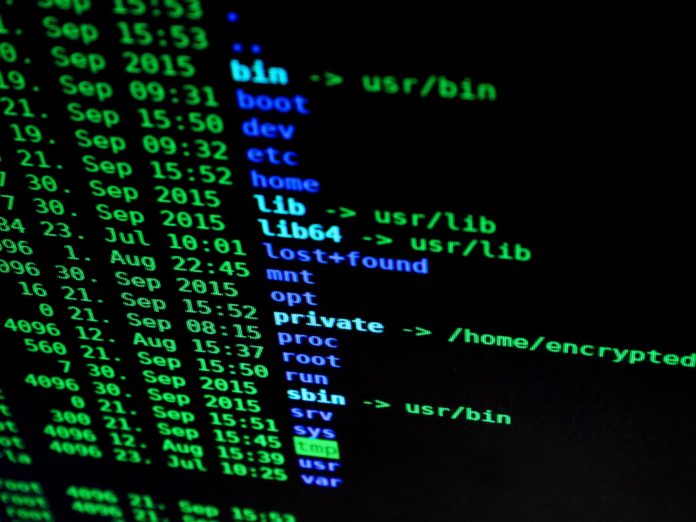Trend Micro Incorporated announced it detected 119,000 cyber threats per minute in 2020 as home workers and infrastructure came under new pressure from attacks.
This insight and many others come from Trend Micro’s 2020 roundup report, A Constant State of Flux: Trend Micro 2020 Annual Cybersecurity Report.
The report also shows that home networks were a major draw last year for cybercriminals looking to pivot to corporate systems, or compromise and conscript IoT devices into botnets. Trend Micro found attacks on homes surged 210% to reach nearly 2.9 billion–amounting to 15.5% of all homes. The vast majority (73%) of attacks on home networks involved brute forcing logins to gain control of a router or smart device.
Email-borne threats made up 91% of the 62.6 billion threats blocked by Trend Micro last year, indicating that phishing attacks continued to be hugely popular. The company detected nearly 14 million unique phishing URLs in 2020 as attackers targeted distracted home workers.
“In 2020, businesses faced unprecedented threat volumes hitting their extended infrastructure, including the networks of home workers. Familiar tactics such as phishing, brute forcing and vulnerability exploitation are still favored as the primary means of compromise, which should help when developing defenses,” said Tony Lee, Head of Consulting of Trend Micro Hong Kong and Macau.
“Global organizations have now had time to understand the operational and cyber risk impact of the pandemic. The new year is a chance to adjust and improve with comprehensive cloud-based security to protect distributed staff and systems.”
Another key trends included an increase of 34% in newly detected ransomware families, with “double extortion” attacks — where attackers steal data before encrypting it to force payment by threatening to release the stolen information — and more targeted threats becoming increasingly popular. Government, banking, manufacturing and healthcare were the most targeted sectors.
Additionally many attacks targeted flaws in VPNs used by remote workers. CVE-2019-11510, a critical arbitrary file disclosure flaw in Pulse Connect Secure, already has nearly 800,000 hits based on Trend Micro customer data.
Moreover, cloud service misconfigurations increasingly had consequences in 2020. Trend Micro observed exploitation of unsecured APIs in several cryptocurrency mining attacks.














